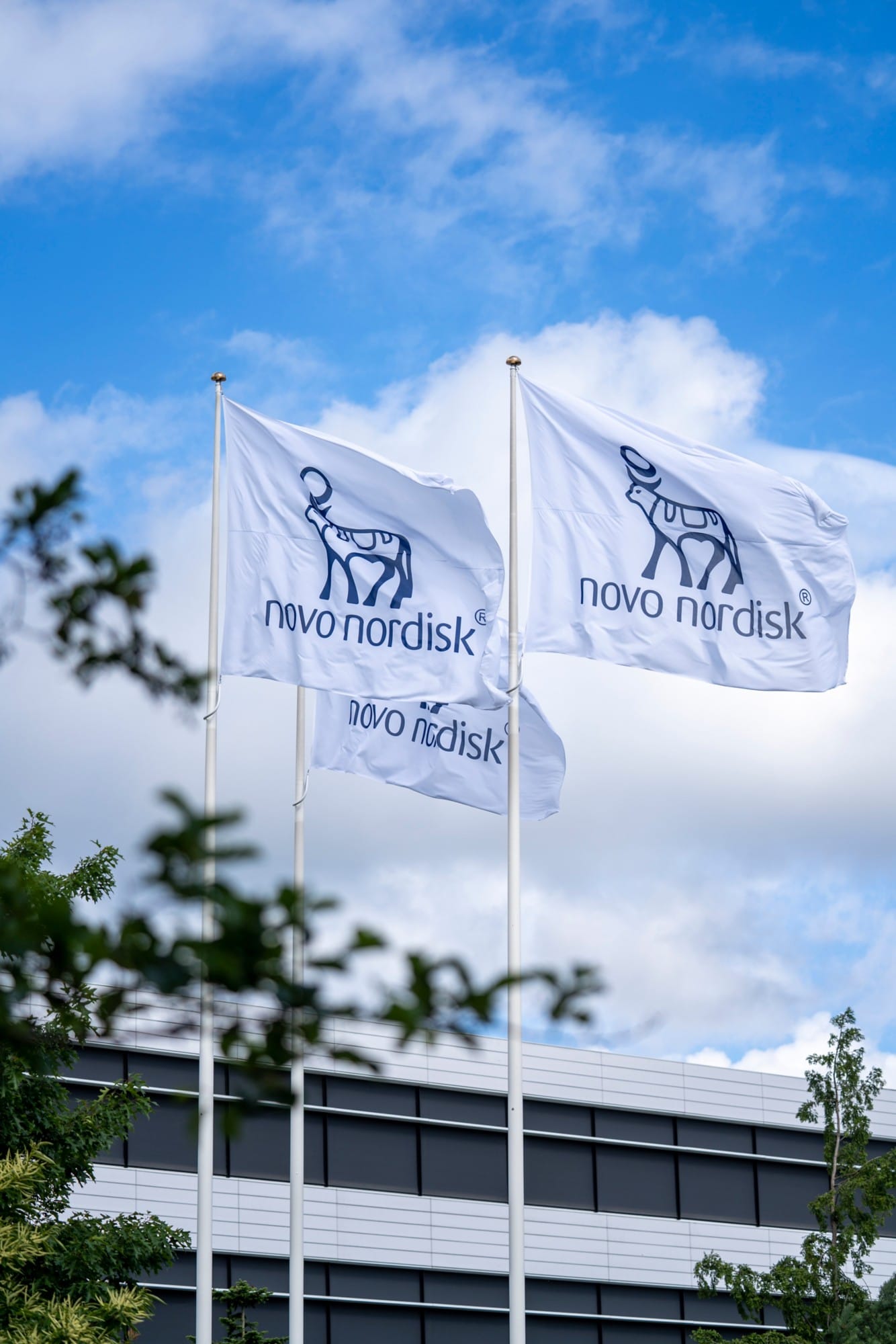Financial Valuation of a Public Firm, Novo Nordisk A/S

Imagine investing in a company that not only leads in diabetes care with drugs like Ozempic but also has a revolutionary obesity treatment with Wegovy.
This thesis aims to determine the intrinsic value of Novo Nordisk, assessing whether it is undervalued, overvalued, or fairly valued.
Methodology: This valuation integrates multiple frameworks for a comprehensive assessment. Business analysis examines the company’s history, structure, and strategic enhancements. Market analysis provides an industry overview, market share analysis, competition dynamics, and future opportunities. ESG evaluation assesses environmental, social, and governance aspects. Strategic frameworks such as PESTEL, Porter’s Five Forces, SWOT analysis, and the BCG Matrix evaluate the business environment. Financial analysis focuses on key metrics like Return on Invested Capital (ROIC), EBITDA margin, and capital expenditures etc. Valuation methods include Discounted Cash Flow (DCF) analysis and relative valuation against industry peers.
Results: The DCF analysis estimates a fair share price of DKK 1,112.60, indicating a 22% upside potential from the current price of DKK 912.90 as of May 16, 2024. This valuation confirms that Novo Nordisk is significantly undervalued.
Key Catalysts:
- Strong Market Position and Product Pipeline: Novo Nordisk leads in diabetes and obesity treatment with products like Ozempic and Wegovy. Upcoming launches such as CagiSema and Amycretin will further enhance market presence. Their focus on unmet medical needs and strong patent protection ensures a competitive advantage.
- Expanding Coverage and Production Capabilities: Enhanced Medicare coverage for Wegovy against heart disease opens a market of 3.6 million people. Production capabilities are expected to significantly boost due to strategic manufacturing investments, including partnerships with Catalent.
- Commitment to the Environment: Novo Nordisk has reduced CO2 emissions by 34% since 2019 and supports over 60,000 suppliers in transitioning to 100% renewable energy.
- Strong Return to Shareholders: Through dividends and share buybacks, the company pays out 61.7 billion DKK to shareholders and contributes a total of 51 billion DKK in taxes.
Investment Risk: The primary investment risk is supply pressure due to high demand for obesity and diabetes treatments. Despite substantial investments, the large market size poses challenges in meeting demand, which remains a critical focus for Novo Nordisk.
Conclusion: Novo Nordisk's innovative product pipeline, strategic market positioning, sustainability initiatives, and strong financial performance make it a compelling investment opportunity. The thorough valuation highlights the company’s potential for stable growth and value appreciation, affirming that Novo Nordisk's shares are currently undervalued.